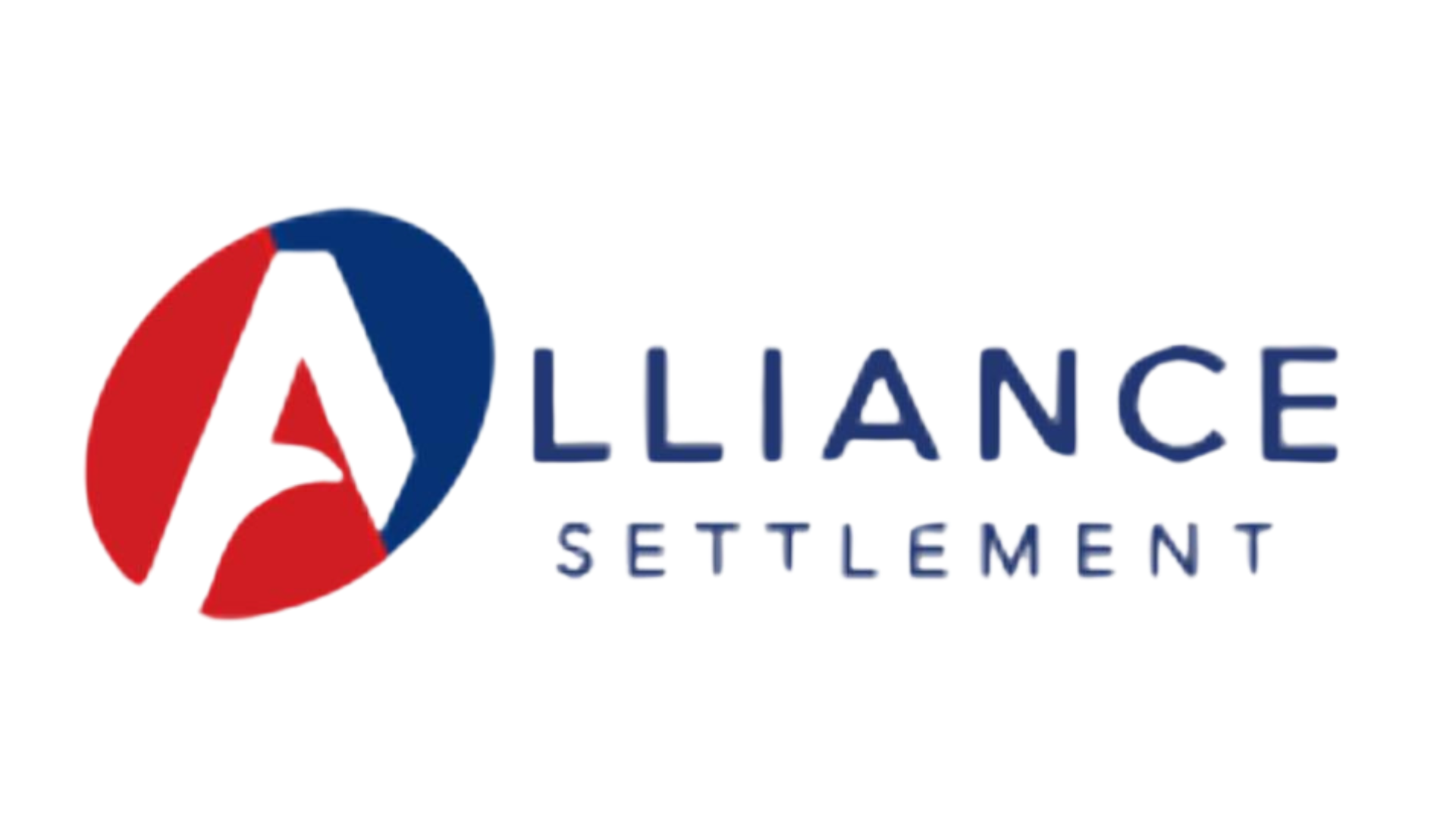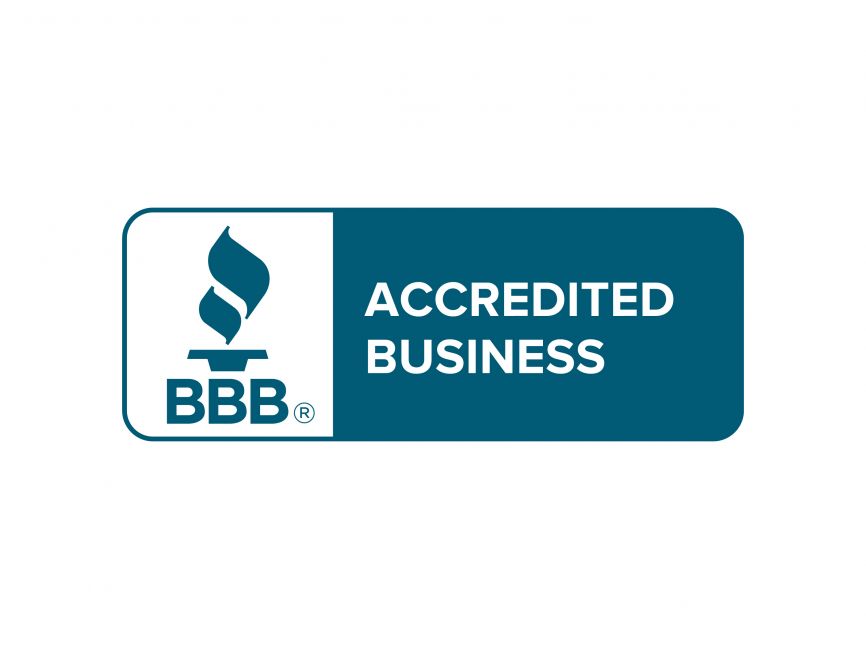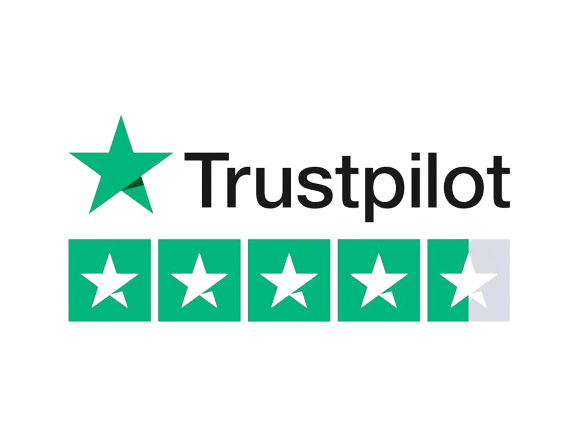Resources For Credit Card Help During The Pandemic
For over a year now, we have been navigating the uncertainty of the Covid-19 pandemic. We have all experienced a different set of life circumstances. The loss of life and loved ones continues to be felt daily by many. We also continue to understand the financial and economic impact of this far-reaching, unexpected time.
Given that so many people have faced financial difficulties, local, state, and federal governments have made efforts to lend assistance to people struggling due to the pandemic. Resources have been made available by private companies and charities as well.
In addition to the below resources, Alliance Settlement is here to help, too. Request a free consultation with one of our Debt Advisors, and we’ll be glad to show how our debt relief programs can help you get— and stay—on track to a debt-free future.
Let’s dive in, see what kind of government programs can help with credit card debt and how credit card companies are helping during the pandemic.
Direct and Indirect Assistance
There has not been any direct government assistance with the specific intention of providing help with credit cards during the pandemic. However, some resources are available that will help with debts indirectly. Also, some major creditors are providing direct assistance as well.
To get an idea of these resources that may be available to you, let’s look at them as direct assistance and indirect assistance. Direct assistance helps you specifically with your credit cards. Indirect assistance is intended for something else, but general financial relief should help you across all areas of your financial life, including your credit cards.


Indirect Assistance
When we look at the options available to help with credit card debt, many of the resources that may provide the most relief are actually not explicitly intended for credit cards. Instead, they help with some of your largest expenses. The relief on those large monthly obligations will allow you to better manage the smaller payments you need to make each month. These will also help you tap into resources that might otherwise be hard to access.
Help With Housing
One all-too-common concern that people have when they reach out for help with debt is that they struggle to decide whether to pay their rent or mortgage or their credit cards.
Usually, the answer is clear. Keep a roof over your head. That is a much more imminent need. Once they have overcome that hurdle, we can work on the credit cards.
First things first—if you are struggling to meet your need for shelter, that should take priority over your other unsecured financial obligations. The Department of Housing and Urban Development provides a state by state directory of organizations that can help during housing emergencies.
Because of the pandemic, that equation may be a bit different. Beyond the extreme circumstance of imminent homelessness, some government programs help with credit cards by helping ease the burden of your mortgage. If you are coming up short on your bills, relief brought about by the CARES Act can help you keep afloat with your other expenses.
The Cares Act- Mortgage Deferment
Can’t pay all your bills because of Covid?
Afraid you may fall behind on your credit cards in order to keep up with your mortgage?
ConsumerFinance.gov shares the following information about the CARES Act:
“Most homeowners are protected from foreclosure and can temporarily pause or reduce their mortgage payments if they’re struggling financially. You’re protected if your mortgage is backed by Fannie Mae, Freddie Mac, HUD/FHA, VA, or USDA. For other loans, you may still have mortgage relief options through your mortgage loan servicer or from your state, even if your loan is not backed by Fannie Mae, Freddie Mac, or the federal government.”
This is your home and your financial future at hand. It is worth taking the time to thoroughly understand the protections available to you under the CARES Act. Consider speaking with a Housing Counselor to ensure that you qualify and that the path forward is clear for you. You can find a Housing Counselor in your state with a quick search.
There are important details that need to be considered to determine if you qualify and the possible implications. If you are eligible, though, the funds you no longer have to put toward your mortgage can be used to keep all of your other obligations up to date.
The Consolidated Appropriations Act- 401k Withdrawals
Usually, tapping into a 401k before retirement is financial taboo. Between the penalties and tax implications, not to mention the lost interest gains and difficulties during retirement, it usually isn’t a great idea other than in dire situations.
Just like above, conventional wisdom is a bit unconventional these days.
If you are struggling to make your credit card payments, the Consolidated Appropriations Act extended the penalty waiver on 401k withdrawals through June of 2021.
Under the Act, up to 100k can be withdrawn from a 401k without penalty.
The Consolidated Appropriations Act, 2021, also allows for distributions from your 401(k), 403(b), money purchase pension, and government 457(b) plans. You may take up an aggregate amount of $100,000 from any of these accounts without tax penalties. Income tax on these early 401k distributions may be spread over three years, easing that side of the burden as well.
The Act extends the deadline for distributions for 180 days after the enactment of the bill, which should be June of 2021, unless further extensions are implemented.
Student Loan Deferment
Most federal student loan payments have gone into deferment, reduced interest to 0%, and paused collection activity through September 30, 2021. This was a hugely welcome reprieve for many burdened borrowers.
Because of the reduction to 0% interest, many people have chosen to continue making their monthly payments to make more forward progress. While this is wise, if you are at risk of falling behind on other interest-bearing debts, it may be time to revisit your strategy. Consider directing your monthly payment to the credit cards instead so you can keep them from falling behind.
Daily Expenses
Our housing and student loans can be some of the most glaring areas to get credit card relief during the pandemic. Don’t forget to look at the other items on your budget, though, as reducing your spending in any area will help make those monthly bills more manageable.
Food Insecurity
Food Insecurity plagues our country in normal times and has been an increasing concern due to Covid. Especially with many children still, distance learning, not having meals provided by the school can increase financial dress.
Consider applying for SNAP, the Supplemental Nutrition Assistance Program.
There have been some changes made to the program to help people navigate the pandemic. According to their website,
The American Rescue Plan Act of 2021 signed by President Joseph R. Biden on March 11, 2021, extends increases to the Supplemental Nutrition Assistance Program (SNAP) maximum allotments from July 1, 2021, through September 30, 2021.
The following chart appears on their website and provides an idea of maximum income for benefits. Keep in mind that each state may have different guidelines, so use this as a reference only and know that your state may vary.
If you don’t qualify for SNAP benefits, or could still use a bit more help, consider using a local food pantry. Foodpantries.org has thousands in its database, which can be a lifeline when you “earn too much” to qualify for assistance elsewhere.
Diapers
Anyone who has ever had to change their child’s diaper knows that it can get messy! From the expense of diapers to the insanely impressive wrestling capabilities of a tiny human, it’s a slew of challenges wrapped up in one cute little package.
We can’t help you get your child to come, lay or stay for you. Still, the National Diaper Bank Network, based in New Haven, Connecticut, might be able to lend assistance with the expense of diapers.
Direct Assistance
In addition to the government programs mentioned above, creditors are providing direct assistance to their cardholders. Precisely what they are willing to do and the details of any possible benefits or drawbacks will vary from one creditor to the next. The help they offer will vary from one borrower to the next, too, depending on your hardship and customer history with them.
To see how credit card companies are helping during the pandemic, you’ll need to reach out to them. Some companies like American Express and Chase are allowing you to initiate the request for hardship assistance online. Others may require you to call in to discuss your situation. Call, share the details of your situation, and they’ll let you know if any relief options are available to you.
If you have one or two creditors, requesting help on your credit cards due to the pandemic should not take too much time. If you have many, though, it can be overwhelming. Speaking with a credit counseling agency or a Debt Advisor at Alliance Settlement can help ease the burden by leaving it to a professional.
Also, keep in mind that there may be implications from any of the options made available by your creditor. As a part of that open conversation you are going to have with them, be sure to understand the pro’s and the con’s. Impact on your credit, eligibility for future accounts, and a lowered credit limit can all occur due to the hardship program.
Experian has compiled a spectacular resource of many creditors and links to their specific programs. As much as we would have loved to be the one to compile such a resource, we’ll give credit where credit is due and suggest you take a look there.
Credit Counseling Service
In working with a Credit Counseling agency, you can receive direct assistance with your credit card payments. In normal times, working with a Credit Counseling agency is often more effective than calling creditors directly. These agencies are very effective at reducing interest rates when you enter a Debt Management Plan. Due to the pandemic, though, the average interest rate of 8% that usually accompanies a Debt Management Plan may likely be higher than if you were to work with your creditor directly.
If you have contacted your creditors directly to no avail, a Debt Management Plan may be a perfect next step. They won’t likely be able to eliminate all of your interest. Even a reduction of a few percentage points can make a big difference depending on how high your balances are and how high the rates are.
Alliance Settlement Debt Relief Programs
While the above government programs help with credit card debt and other financial difficulties, you may still need more of a helping hand. Suppose you have looked into, or even made use of, all of these resources and still find yourself unable to pay your credit cards due to the pandemic. In that case, Alliance Settlement is ready to help.
Our debt relief programs will take your hardship and budget into consideration to develop an affordable plan to deal with overwhelming debt. Call us today, or complete the short form to request a consultation with one of our Debt Advisors.
Wrapping It Up
It is clear that during these times, the world is stepping up to help. Though many of these programs may not be intended to help specifically with credit card debt, yes, there are government programs that help with credit cards, and many credit card companies are helping during the pandemic. Knowing what resources are available is half of the battle. Weighing the pro’s and con’s and taking action is vital.
If you still need help after using these resources, the next step may be a debt relief program through Alliance Settlement.
Wishing you good physical and financial health!










